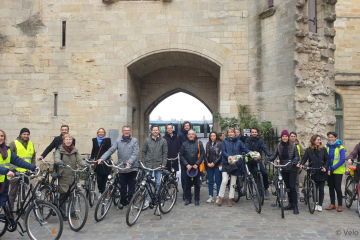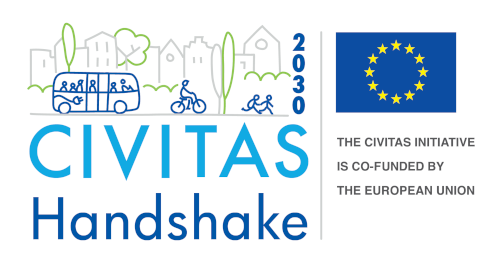About Bordeaux

Bordeaux metropolitan area is centred on the city of the same name, which lies on the Garonne river in southwestern France. A regular high scorer in surveys on places to live and work, Bordeaux is flat with an oceanic and mild climate. The city environment is very green, something enriched by well-preserved historic buildings. Over the last 15 years, four new tram lines have been built; these have helped open up the streets to cyclists and pedestrians and reduce car use.
Main cycling challenges
In 2017, Bordeaux was ranked as the “sixth most cycling-friendly city in the world” in the Copenhagenize Index. Its next steps are to continue to build on the strong political will that has been generated and go beyond its initial traffic calming measurse. Advances in cycling need to be embedded in all infrastructure projects across the city as action continues to modernise its public spaces.




